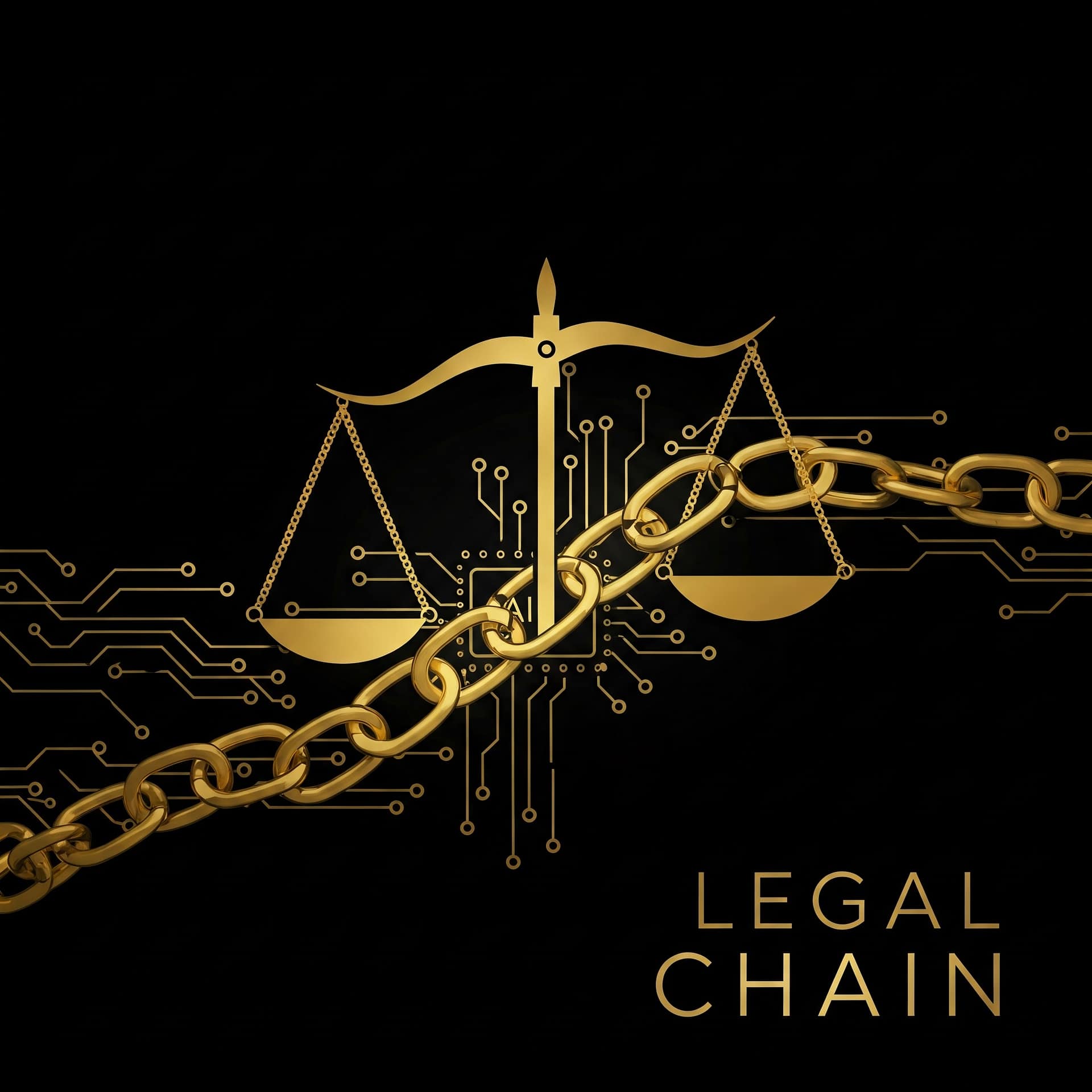How AI is Transforming Contract Creation Across Industries
The legal industry has long been burdened by manual, time-consuming contract drafting processes. However, artificial intelligence (AI) is rapidly transforming how contracts are created, reviewed, and managed, benefiting law firms, small and medium-sized businesses (SMBs), and even individuals. Leading legal tech companies like Clio, Harvey AI, Spellbook, and Rocket Lawyer are pioneering AI-driven contract solutions, but gaps remain in functionality, integration, and accessibility. This article explores how AI is reshaping contract creation, evaluates the strengths and weaknesses of major platforms, and examines whether a true all-in-one solution exists.

The AI Contract Revolution: Key Benefits
AI-powered contract tools offer several transformative advantages:
- Speed & Efficiency – AI can draft contracts in seconds, reducing hours of manual work to mere minutes.
- Error Reduction – Machine learning models analyze vast legal datasets to minimize inconsistencies and omissions.
- Cost Savings – Automating routine contract drafting cuts legal expenses for SMBs and individuals.
- Customization – AI tailors contracts based on jurisdiction, industry standards, and user inputs.
- Risk Mitigation – Advanced tools flag unfavorable clauses and suggest improvements.
Major Players in AI Contract Technology
1. Clio
- Strengths: Integrates contract drafting with practice management, offers cloud-based accessibility, and leverages AI for workflow automation.
- Weaknesses: Lends contracts to third-party AI (e.g., OpenAI), raising potential confidentiality concerns. Limited native AI drafting compared to specialized tools.
2. Harvey AI (Backed by Allen & Overy)
- Strengths: High accuracy in complex legal drafting, trained on elite law firm data, excels in bespoke contract generation.
- Weaknesses: Geared toward large firms, expensive for SMBs, lacks seamless integration with common SMB tools like DocuSign.
3. Spellbook (by Rally Legal)
- Strengths: Microsoft Word add-in for real-time AI suggestions, strong clause library, and negotiation assistance.
- Weaknesses: Requires Word, lacks standalone functionality, and struggles with highly customized agreements.
4. Rocket Lawyer
- Strengths: User-friendly for non-lawyers, affordable subscription model, quick document generation.
- Weaknesses: Generic templates lack sophistication, limited AI-powered negotiation or redlining features.
5. Evisort, ContractPodAi, and Ironclad
- Strengths: Enterprise-focused with robust contract lifecycle management (CLM), AI analytics, and post-signature tracking.
- Weaknesses: Overkill for SMBs, complex setup, and high costs.
What’s Missing? The Gaps in Current AI Contract Solutions
Despite advancements, key challenges remain:
- Lack of True End-to-End Solutions – Most tools specialize in drafting or management, but few seamlessly handle creation, negotiation, e-signing, and compliance in one platform.
- Over-Reliance on Templates – Many AI tools pull from static databases, leading to generic outputs that require heavy manual tweaking.
- Integration Shortcomings – Few platforms smoothly connect with CRM (e.g., Salesforce), payment (e.g., Stripe), or collaboration tools (e.g., Slack).
- Confidentiality Risks – Some solutions send data to external AI models, raising privacy concerns for sensitive contracts.
- Limited Learning Capabilities – Many systems don’t improve based on user feedback or firm-specific preferences over time.
Is There an All-in-One AI Contract Solution?
Currently, no single platform excels at every stage of contract workflow while remaining accessible to law firms, SMBs, and individuals. Startups like Lexion and Definely are pushing toward more cohesive solutions, but adoption barriers persist. The ideal AI contract tool would combine:
- Smart Drafting (context-aware, jurisdiction-specific)
- Real-Time Collaboration (track changes, redlining, comments)
- Third-Party Integrations (DocuSign, QuickBooks, HubSpot)
- Post-Signature Analytics (renewal alerts, obligation tracking)
- Continuous Learning (adapts to user preferences and legal updates)
The Future of AI in Contract Creation
AI will soon enable fully dynamic contracts that auto-update based on regulatory changes or performance triggers. Blockchain-integrated smart contracts could further automate enforcement. However, for now, the market remains fragmented—leaving room for a disruptor to deliver a truly unified, intelligent contract solution.
For law firms, the priority is precision and compliance; for SMBs, it’s affordability and ease of use; for individuals, simplicity is key. Until one platform masters all three, businesses must carefully choose AI tools that align with their specific contract needs.
